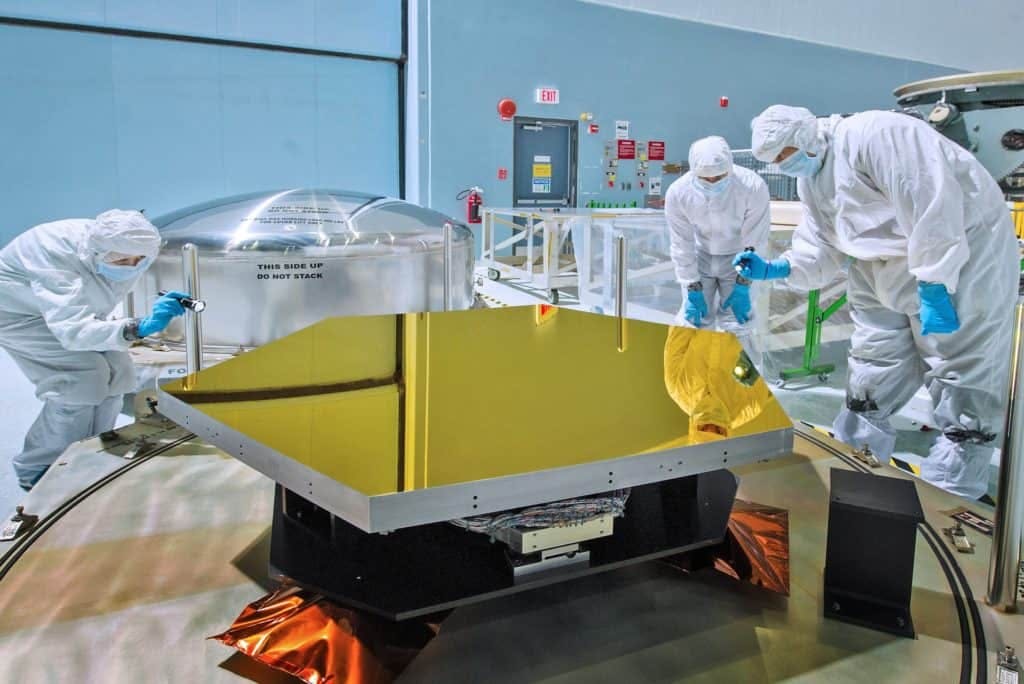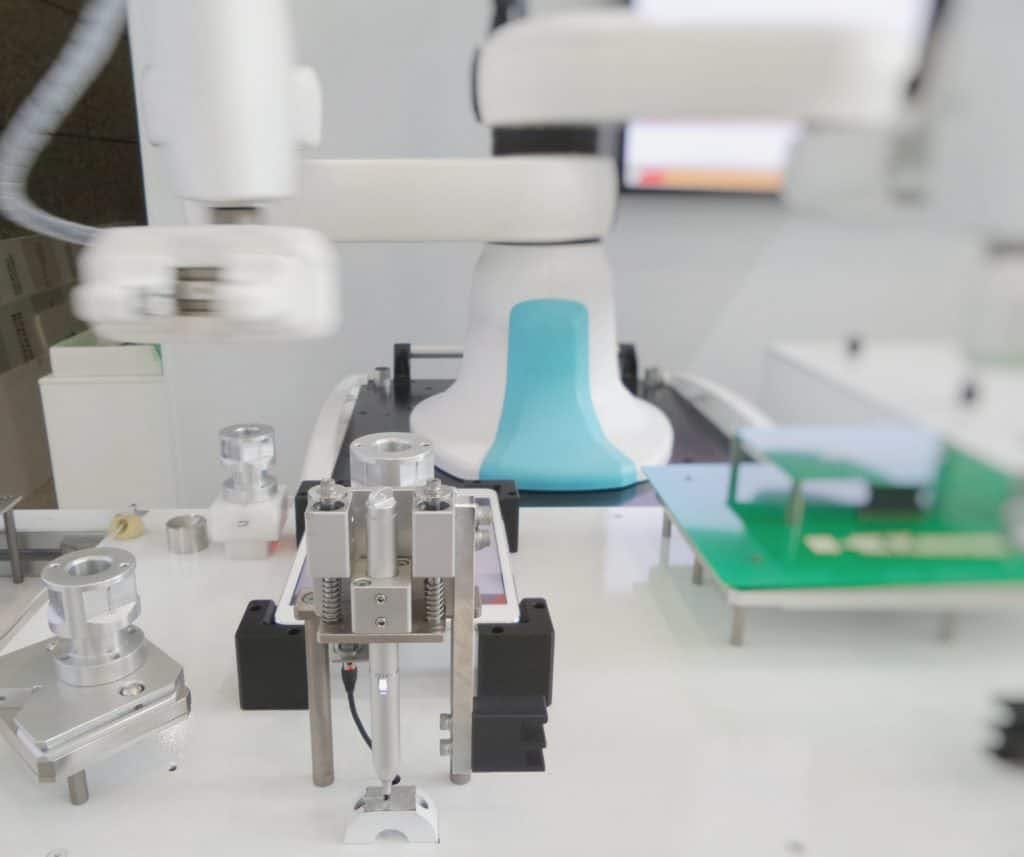CNC Machining After Brexit
his manufacturing process involves using pre-programmed software to control movement of various factory tools and machinery. This allows for the involvement of automation in the production process, which results in improved efficiency.
CNC is integral to the production of precision engineered components, which have been a tremendous contributor to the UK economy for years. This has largely been because of the rate of export to other members of the European Union (EU). The big concern here is what happens then after the UK exits the EU?
There are a couple aspects to answering this question. First, there are safety and quality standards. Brexit means that the UK standards and those of the EU may differ. Quality assurance comes at a cost and having to pass two layers of quality is likely to result in an increased, which must be passed on to customers.
Second, there is the tariff consideration. With the barriers removed, exports from the UK become more costly to customers seemingly overnight. By the basic economic rule, as prices increase, demand decreases. Should this hold true, the UK economy could end up taking a big hit.
Finally, many of the components used in CNC machining originate in EU territories such as Germany. The same tariff consideration means that the cost of goods sold also must increase since the low-tariff policy can no longer apply to the UK.
Industry 4.0
Industry 4.0 is said to be a huge lifeline for the UK in the wake of Brexit. The idea of industry 4.0 or the fourth industrial revolution is a paradigm shift in the world of production. It requires a transition to and an investment in various state of the art technologies such as artificial intelligence, 5G networking, robotics, digital manufacturing, etc., to create a more efficient and a more productive manufacturing process.
If the UK can position itself ahead of the curve in this revolution, then it gains a competitive advantage in the wake of manufacturing. This, however, is a big “if,” and it requires proper planning and execution. In the post-Brexit modern industrial strategy, which was first outlined in January 2018, the UK Government set out to do the following:
- Allocate £4.7 billion to the funding of and investment in industry 4.0 over a four-year period
- Promote smart energy, 5G mobile technology, AI, and robotics
- Focus on technical engineering, math, technical education, and science
- Boost business growth by improving access to finance and management skills, and by developing a digital infrastructure
In April of that year, the government also launched a £1 billion fund known as the Industrial Strategy Challenge Fund, which was aimed at the development of cutting-edge technology.
While this strategy sounds like it is hitting a lot the right bases, it is not a cheap strategy to implement. That’s a total of £5.7 billion just to start and the investment must be continuous. One of the reasons Germany does so well in the sector is heavy investment. Germany’s manufacturing industry Is 2.7 times as large as that of the UK, plus Germany has managed to invest 6.6 times as much in automation as the UK does.
Apart from pushing the boundaries of available finance, there is the question of the readiness of traditional manufacturers and complex organizations for the fourth industrial revolution. In order to take advantage of the benefits of this paradigm shift, manufacturing businesses must be ready to ease transformation technology into their business model and into their workflow. Even large-scale manufacturers are likely to struggle with doing this at the pace that is necessary to remain afloat and to remain competitive.

What Does Brexit Mean for Manufacturing?
Taking the step to leave the EU is a huge decision that has numerous implications and consequences, some of which are discussed above. What does this mean for the UK though? It means a couple of things.
First, there must be something to offset the inevitable blow of losing the benefits associated with being a member of the EU. The cost effectiveness of the membership is one of the reasons the manufacturing industry was able to achieve the feats it has over years. This means that new agreements need to be sought out, even if they are with EU territories. If not, the cost of manufacturing may cause the supply chain for many firms to crash and burn.
Second, the competitive advantage that can be gained from embracing technological advancement (assuming the required level of investment can be achieved) must be leveraged. Not only does the Government need to be prepared to invest and make as many provisions as is possible for these companies, but the companies also need to be prepared to make the transformation that is necessary to be more competitive in the industry. The investment also needs to be made in people to increase the number of persons that can take on responsibilities such as those of a design engineer.
There is no doubt that a change is inevitable in production costs after Brexit has concluded. The lack of surety surrounding the industry is one of the reasons things like new plant construction have decreased. What is important though is the way the UK moves forward once it has exited the EU.
Disclaimer: The views and opinions expressed in this article are those of the authors and do not necessarily reflect the official policy or position of Geomiq. Examples of analysis performed within this article are only examples. They should not be utilized in real-world analytic products as they are based only on very limited and dated open source information. Assumptions made within the analysis are not reflective of the position of any Geomiq Employee.

Disclaimer: The views and opinions expressed in this article are those of the authors and do not necessarily reflect the official policy or position of Geomiq. Examples of analysis performed within this article are only examples. They should not be utilized in real-world analytic products as they are based only on very limited and dated open source information. Assumptions made within the analysis are not reflective of the position of any Geomiq Employee.